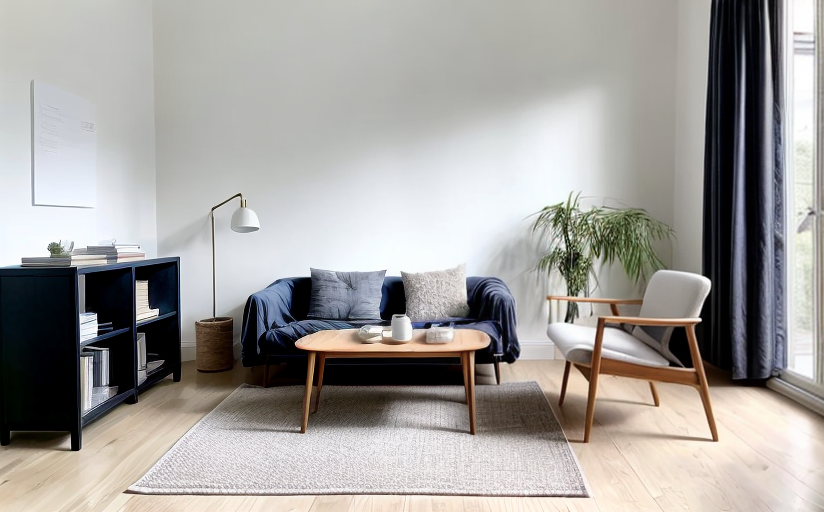Minimalism and Mental Health: A Comprehensive Exploration
Minimalism, a lifestyle approach that promotes living with less, has seen a surge in popularity in recent years. This trend goes beyond aesthetic simplicity, extending into a way of life that could potentially have significant health benefits, notably for mental well-being. This article explores the profound impact of minimalism on mental health and provides practical advice on incorporating minimalism into daily life.
The Concept of Minimalism
Minimalism is a lifestyle that encourages the reduction of non-essential possessions, focusing instead on embracing simplicity and valuing experiences over material goods. By eliminating clutter and unnecessary goods, one creates more space for focused living and dispels the distractions that often lead to stress and anxiety.
The Psychological Benefits of Minimalism
Research has linked clutter to increased stress, sleep disorders, and even reduced cognitive ability. As opposed to this, minimalism promotes a cleaner, more organized living environment which can improve mental clarity and focus. A study published in the Personality and Social Psychology Bulletin, found that women who described their living spaces as cluttered or full of unfinished projects were more likely to be depressed and fatigued than those who described their homes as restful and restorative.
Incorporating Minimalism into Everyday Life
You don't have to go to extremes to adopt a minimalist lifestyle. Start by decluttering one area at a time, such as a closet or a drawer. Each item you own should serve a purpose or bring you joy - if it doesn't, consider disposing of it. Remember, minimalism isn't about owning a certain number of items; it's about freeing yourself from the burden and anxiety that unnecessary possessions can bring.
Critiques and Downfalls of Minimalism
While the benefits of minimalism are widely acknowledged, some critics argue that it might not be suitable for everyone. Some people might find the idea of reducing possessions anxiety-inducing in itself, particularly those with strong emotional attachments to their belongings. Furthermore, while it can promote improved mental health, minimalism should not be viewed as a cure-all solution for psychological challenges, but rather as a beneficial lifestyle shift to complement other wellness practices.
Overall, the feedback regarding the minimalism-mental health relationship is decidedly positive. By eliminating unnecessary distractions and commitments, one can create an environment that promotes tranquility and reduces stress. As a concept promoting balance and inner peace, minimalism invites us to rethink our relationship with material possessions, fostering a lifestyle focused on quality over quantity.
References:
Ferrari, J. R., et al. (2009). The dark side of home: Assessing possession ‘clutter’ on subjective well-being. Journal of Environmental Psychology, 29(4), 451–461. doi: 10.1016/j.jenvp.2009.01.001


















Comments
Leave a Comment